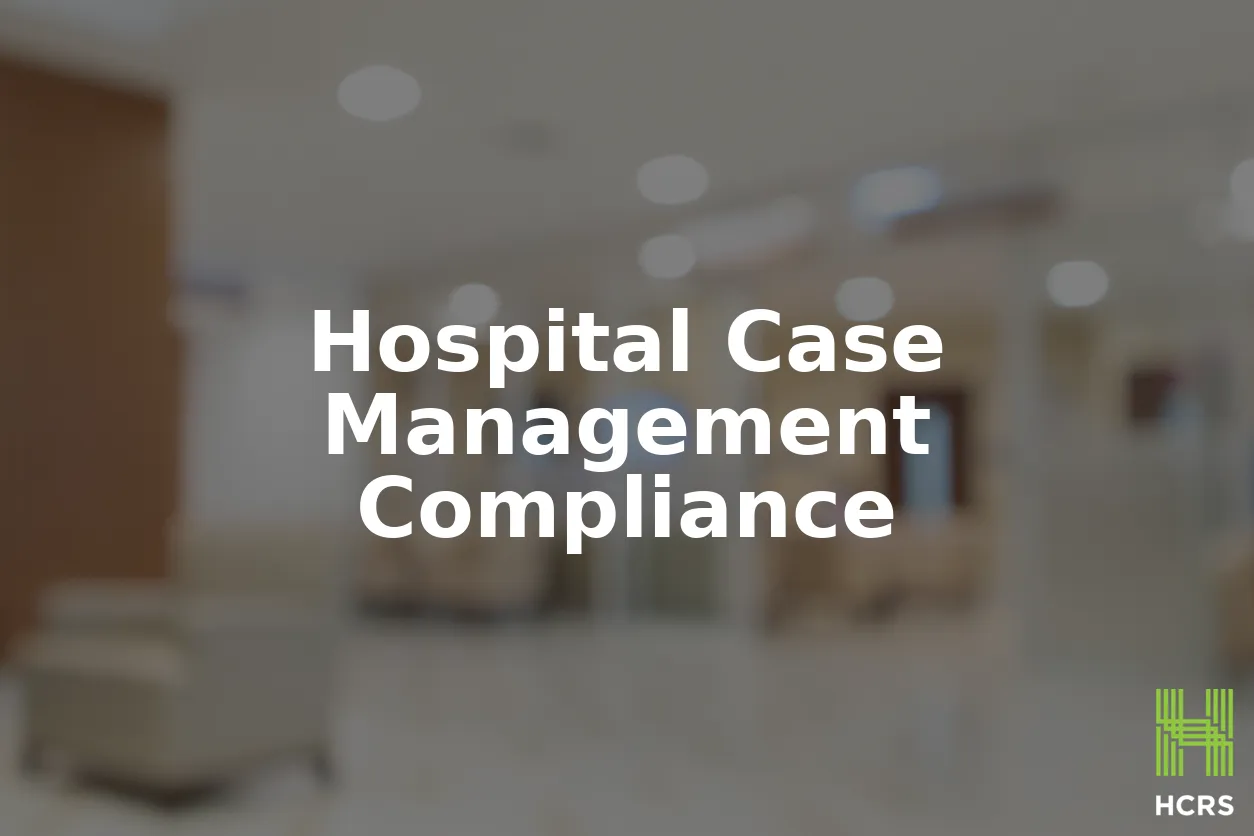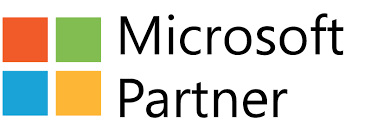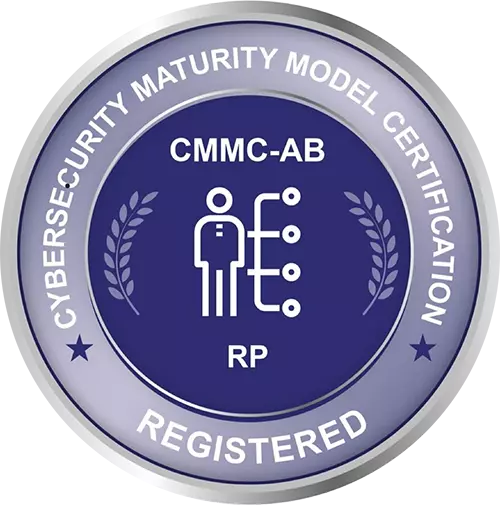
Hospital Case Management Compliance: Meeting Standards for Better Care
Compliance in hospital case management is essential for maintaining high standards of care, meeting regulatory requirements, and avoiding penalties. Effective compliance ensures that hospitals deliver consistent, patient-centered care while adhering to complex healthcare regulations.
At HealthCare Resolution Services (HCRS), we help hospitals streamline their case management processes to achieve compliance, improve patient outcomes, and optimize operational efficiency.
What Is Hospital Case Management Compliance?
Hospital case management compliance involves meeting healthcare regulations, policies, and standards that govern patient care, documentation, and resource utilization. It ensures that all case management activities align with legal, ethical, and clinical guidelines.
Key compliance areas include:
- Regulatory Adherence: Meeting CMS, HIPAA, and The Joint Commission standards.
- Accurate Documentation: Maintaining thorough and accurate records for audits and reimbursement.
- Care Coordination: Ensuring timely transitions of care and appropriate resource allocation.
- Discharge Planning: Complying with protocols to reduce readmissions and improve patient outcomes.
Why Compliance Is Critical in Hospital Case Management
Avoiding Penalties and Audits
Noncompliance with regulatory requirements can lead to financial penalties, reputational damage, and operational disruptions.Improving Patient Care
Adhering to compliance standards ensures that patients receive consistent, high-quality care tailored to their needs.Ensuring Reimbursement
Proper documentation and adherence to billing protocols are essential for securing reimbursements from payers.Enhancing Operational Efficiency
A compliant case management program reduces inefficiencies, streamlines workflows, and minimizes errors.Meeting Accreditation Standards
Hospitals must comply with accreditation bodies like The Joint Commission to maintain certifications and attract patients.
Key Components of Hospital Case Management Compliance
Regulatory Knowledge and Training
Staff must be educated on the latest CMS guidelines, HIPAA regulations, and other industry standards.Thorough Documentation Practices
Accurate and complete documentation is critical for audits, reimbursements, and ensuring care continuity.Effective Care Coordination
Seamless communication between providers, patients, and external organizations ensures that care transitions meet compliance standards.Discharge Planning and Follow-Up
Hospitals must comply with discharge protocols to reduce readmissions and improve patient outcomes.Utilization Management
Monitoring resource use maintains efficiency and compliance with payer requirements.Audit Preparedness
Regular reviews of case management practices and documentation prepare organizations for internal and external audits.
How HCRS Supports Hospital Case Management Compliance
We provide customized solutions to help hospitals achieve and maintain compliance in case management:
- Regulatory Training: We equip staff with the knowledge to stay updated on healthcare regulations.
- Audit Preparation: We conduct mock audits and reviews to identify and address compliance gaps.
- Documentation Support: We implement tools and best practices for maintaining accurate records.
- Technology Integration: We leverage case management software to streamline workflows and improve compliance tracking.
- Policy Development: We create comprehensive policies and procedures to guide case management practices.
- Ongoing Monitoring: We provide continuous support to ensure sustained compliance with evolving regulations.
Challenges in Hospital Case Management Compliance
Frequent Regulatory Changes
Keeping up with evolving healthcare regulations can be difficult without dedicated compliance support.Inconsistent Documentation
Gaps or inaccuracies in documentation can result in audit failures or denied reimbursements.Resource Constraints
Limited staff and time can make it difficult to implement and maintain compliance processes.Interdepartmental Communication Issues
Poor communication between departments can lead to noncompliance with care coordination protocols.
HCRS helps hospitals overcome these challenges with tailored strategies and expert guidance.
Benefits of Ensuring Compliance in Hospital Case Management
Reduced Risk of Penalties
Adherence to regulations minimizes the risk of financial and reputational consequences.Improved Patient Outcomes
Compliance ensures that patients receive high-quality, standardized care across the board.Enhanced Efficiency
Streamlined processes and clear protocols improve operational efficiency and reduce errors.Secured Reimbursements
Accurate documentation and compliance with billing guidelines ensure that hospitals receive proper reimbursement.Strengthened Reputation
A commitment to compliance enhances trust among patients, providers, and accrediting bodies.
Frequently Asked Questions
Q: What regulations impact hospital case management compliance?
A: Key regulations include CMS guidelines, HIPAA standards, and accreditation requirements from organizations like The Joint Commission.
Q: How does technology support compliance in hospital case management?
A: Case management software streamlines workflows, tracks compliance metrics, and ensures accurate documentation for audits and reimbursements.
Q: Can HCRS help with compliance training for hospital staff?
A: Yes, we provide customized training programs to educate staff on regulatory requirements and best practices for compliance.
Achieve Compliance in Hospital Case Management Today
Ensuring compliance in hospital case management is essential for delivering high-quality care, securing reimbursements, and meeting regulatory standards. We provide the expertise and tools needed to achieve compliance and drive success.
Contact us today to learn more about how we can support your hospital’s case management compliance needs.










